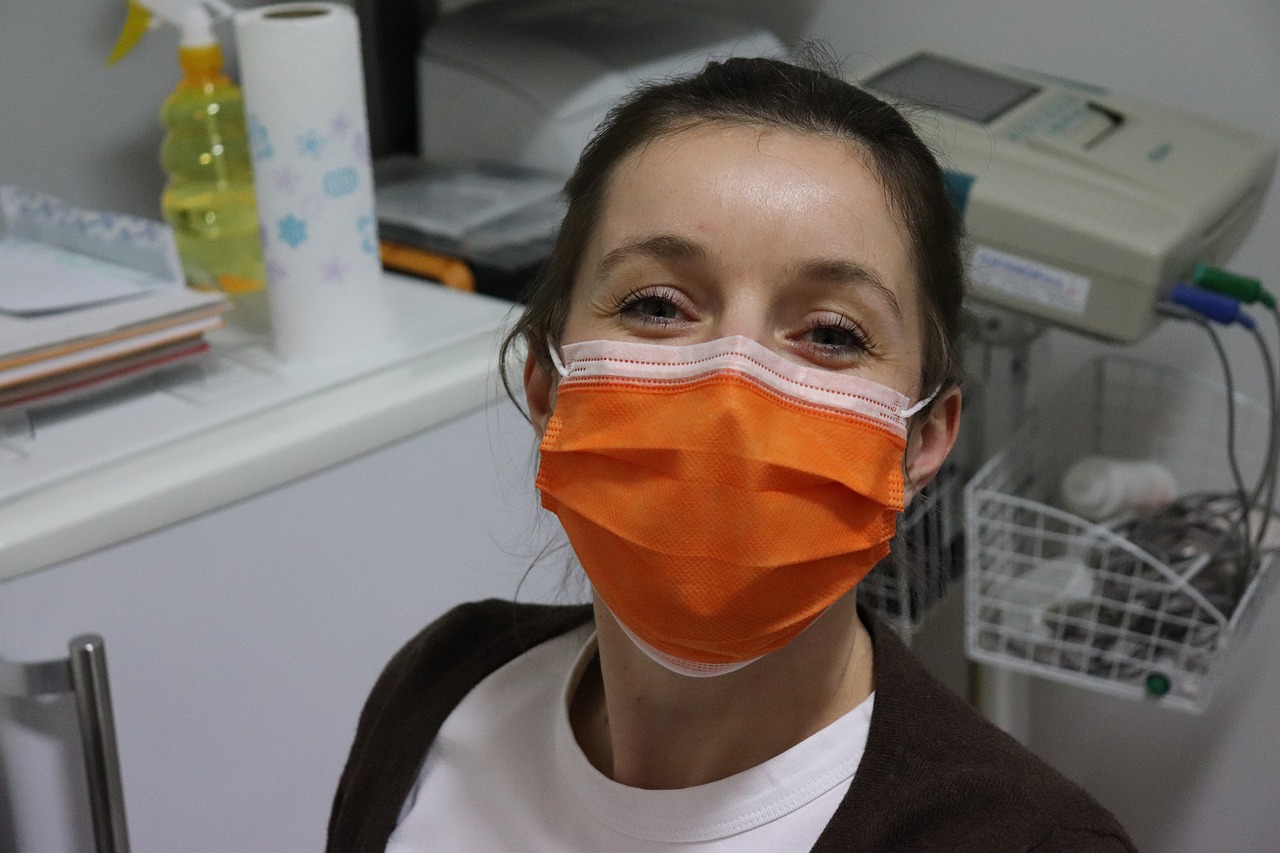
Pharmacists play a critical role in healthcare by ensuring that patients receive the correct medication, in the correct dose, at the correct time. They are experts in the safe and effective use of medications, and they work closely with other healthcare professionals to provide patients with the best possible care.
Pharmacists are responsible for dispensing medications prescribed by physicians and other healthcare providers. They are also responsible for providing patients with information about their medications, including how to take them, potential side effects, and interactions with other drugs. In addition to dispensing medications, pharmacists can also provide medication therapy management services, which involve working with patients to optimize their medication regimen and ensure that they are getting the best possible outcomes from their treatment.
One of the most important roles of pharmacists is to ensure medication safety. They do this by reviewing patients’ medication histories and checking for potential drug interactions or adverse reactions. They also work to prevent medication errors, which can be harmful or even deadly for patients. Pharmacists can help to reduce medication errors by double-checking medication orders, verifying patient information, and ensuring that patients understand how to take their medications correctly.
According to Canadian Pharmacy, all pharmacists also play a key role in disease management. They can work with patients to manage chronic conditions such as diabetes, hypertension, and asthma, helping to ensure that patients receive the right medications and that their conditions are well-controlled. By monitoring patients’ medication use and providing counseling on lifestyle changes, pharmacists can help to prevent complications and improve patients’ quality of life.
Another important role of pharmacists is in public health. They can provide vaccinations and other preventive services, such as smoking cessation counseling. They can also work with healthcare providers and public health officials to identify and address public health concerns, such as opioid abuse and misuse.
Pharmacists also have an important role to play in the ongoing fight against COVID-19. They have been instrumental in providing vaccinations to patients and helping to ensure that patients receive accurate and up-to-date information about COVID-19 and the available treatments. Pharmacists have also played a key role in managing the supply chain for medications and other healthcare products during the pandemic, working to ensure that patients have access to the medications they need.
To become a pharmacist, individuals must complete a Doctor of Pharmacy (PharmD) degree from an accredited college or university. This typically takes four years of post-secondary education. After completing their education, pharmacists must pass a national licensing exam and obtain a license to practice in their state.
Pharmacists work in a variety of settings, including retail pharmacies, hospitals, long-term care facilities, and clinics. In each of these settings, pharmacists work closely with other healthcare professionals to ensure that patients receive the best possible care.
In conclusion, pharmacists play a vital role in healthcare by ensuring that patients receive the correct medications, in the correct dose, at the correct time. They are experts in the safe and effective use of medications and work closely with other healthcare professionals to provide patients with the best possible care. Pharmacists can help to prevent medication errors, manage chronic conditions, and provide important public health services. As the healthcare landscape continues to evolve, the role of pharmacists will only become more important in ensuring that patients receive the best possible care.
John Davis is a seasoned health journalist with expertise in public health and medical research. Holding a degree in health sciences, John excels in making complex health topics understandable and engaging for his readers. His articles, featured in top health publications, cover everything from cutting-edge treatments to public health policies. Outside of journalism, John is an advocate for health education and frequently speaks at community events.